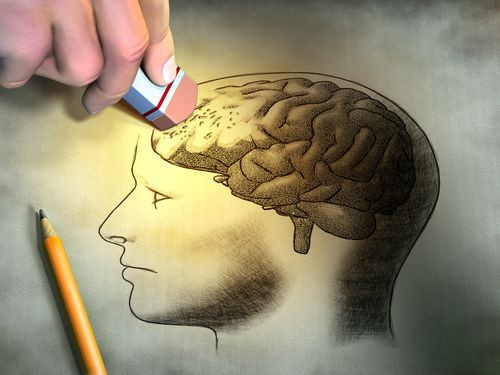Eternal Sunshine For Real? Targeting Specific Brain Proteins May Erase A Bad Long-Term Memory

Art imitates life, but a breakthrough in science reveals life can imitate art in the most unexpected way. In the cult classic Eternal Sunshine of the Spotless Mind, people had memories of their lost loves erased to gain peace of mind, and now research suggests this is more than just science fiction. In ASAPScience’s recent episode “Can You Erase Bad Memories?” Mitchell Moffit and Gregory Brown reveal erasing bad thoughts may be a possibility via targeting specific proteins in different parts of the brain that are normally activated by recollection.
Each memory we form is a brain-wide process. “The cells in your brain are being triggered and fired, building new connections and links and literally rewiring the circuitry of your mind. This change is partly facilitated by proteins in your brain,” says ASAPScience in the video. However, if the proteins are not available, these memories cannot be made.
When we recall and reflect upon memories, we are physically changing that memory in our mind. Our brain is once again firing and rewiring. Each time this memory is altered a little, reflecting our current thoughts.
Scientists believe these memories can be effectively erased by administering a protein-inhibiting drug while recalling a memory. A study published in the journal Nature found it is possible to reverse the emotional associations of specific memories by using light to control the activity of neurons. The experiment suggests it is possible to alter the emotional perception of a memory by manipulating the proteins that trigger the impulse of this memory.
This has led to the discovery of specific drugs targeting specific proteins across different parts of the brain. Therefore, if you experience a negative emotion with a memory, targeting a protein in the emotional regions of the brain may help to remove that connection alone. This can be an important innovation for patients suffering from post-traumatic stress disorder.
This also brings us to the million-dollar question: If you were given a pill to forget a bad memory, would you take it?



























